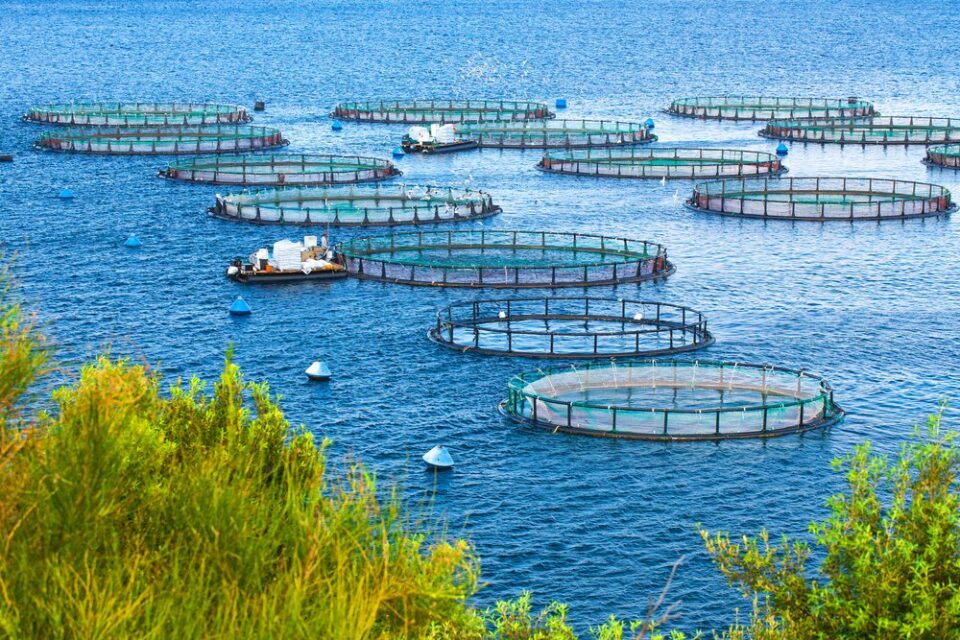The fishing community around Lake Kivu is reporting a drastic decline in sardine fish species production in the past three years.
Jean-Bosco Sibomana, the coordinator of Kibuye Fishing Project that collects fish produce in Karongi, Rutsiro and Nyamasheke District, told The New Times in 2020 during ‘peak season,’ a fisher could catch between 60 and 70 kilogrammes of sardine (isambaza) per night.
He said that during the dry season, a fisher would catch between 40 and 20 kilogrammes of sardine per night.
However, in 2021, a fisher was only getting not more than 40 kilogrammes per night during ‘peak season’ while during the dry season, a fisher could only get between 10 and 15 kilogrammes per night.
“In 2022, the sardine production continued to drastically decrease. A fisher was only catching between 10 and 15 kilogrammes per night during peak period. In April, May and June alone this year, a lot of teams of the fishing community gave up because they were not catching fish,” he said.
According to Sibomana, there is need to conduct research to discover the factors behind drastic decrease in sardine fish species production.
“In 2020, we would collect and supply 14 tonnes of sardine per month. In 2021 it decreased to 8 tonnes per month. In 2022, we didn’t even collect five tonnes per month,” he said.
Although illegal fishing is among top reasons for the decrease in fish production, Sibomana said there is need to look for more solutions, for example a study on a number of fishing nets that should be allowed is required.
“There is a study that was conducted some years back which indicated that only 150 fishing nets were allowed in Lake Kivu. Now there are about 400 teams in the fishing community and over 1,000 new fishing nets (locally known as Umuraga w’icyerekezo) which are said to be modern and legal. The study should be conducted again,” Sibomana said.
Women who sell sardine fish locally known as ‘isambaza’ on the shores of Lake Kivu. / Photo: File
Currently, the lake is closed from August to October for replenishing.
Fish production in Lake Kivu decreased from 24,199 tonnes in 2017/18 to 17,296 tonnes in 2018/19 before plunging further to 16,194 tonnes in the 2019/2020 fiscal year.
This was partly attributed to the use of illegal fishing gear.
The 28 per cent reduction means that about 7,000 tonnes of fish were lost due to illegal fishing.
With a kilogramme of fresh fish going for Rwf3,500, according to fishers, the 7,000 tonnes translate into a Rwf24.5 billion loss in the past two years.
Solange Uwituze, the Deputy Director-General of Animal Research and Technology Transfer at Rwanda Agricultural and Animal Resources Development Board (RAB), told The New Times that sardines (Limnothrissa miodon locally known as isambaza) decreased in some units on Lake Kivu which didn’t reduce total fish production in general.
However, figures show that there was a slight increase compared to previous years due to illegal fishing gear.
Fish production on Lake Kivu slightly increased from 18,756 tonnes in 2020/21 to 19,479 tonnes in 2021/22.
In 2020/2021 and 2021/2022, the national production was 41,664 and 43,650 tonnes respectively.
“Fishing efforts increase on an annual basis which affects the catch per unit per day, thus the number of illegal fishing nets affects the legally captured production. What the fishing community and shore lake community need to understand is to abide by the proposed measures to sustain the production,” Uwituze told The New Times.
She said that isambaza is recorded to have an average lifetime of two years which explains why protecting the shore lake where the reproduction takes place is very key to protecting the future stock of the ecosystem.
“The policy is to promote the capture of mature isambaza, not larvae or juvenile,” she said.
Over 1,700 illegal fishing nets confiscated
Uwituze said that a total of 1,743 monofilament nets, locally known as Kaningini, were confiscated last year because they are illegal. 307 poaching boats and 29 poachers were also confiscated.
“The other major cause in low production is the use of mosquito nets that destroy the future population of isambaza,” she said.
New strategy in offing
The official said that the government is in the preparation process to develop the ‘National Strategy for Sustainable Development of Fisheries in Rwanda.’


